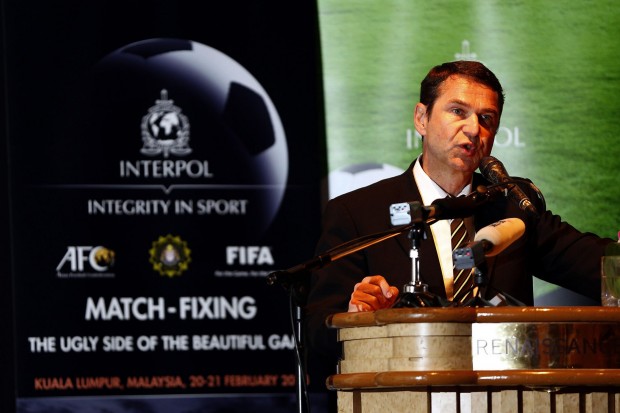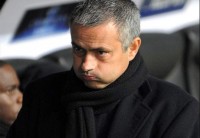The Match-Fixing Menace – Can English Football Become an Exception?

How old is match-fixing really?
If you observe, match-fixing is really an outcome of gambling and betting on the outcome of matches and that has been around for longer than recorded history. The ancient Olympic Games were almost always dealing with allegations that athletes accepted bribes to lose competitions despite the oaths they took to maintain the integrity of the Games. If the Olympic Games could be rigged, then why couldn’t other sports? Soon enough, boxers were taking a dive, Baseball succumbed as did Cricket and Football.
English Football hasn’t exactly escaped untainted either (though it is several shades cleaner than its Italian counterpart, the Serie A and the lower leagues). The history of English Football has seen its fair share of scandals right from the Bill Meredith bribery suspension in 1905, when the Manchester City man offered Villa captain Alec Leake £10 to allow City to win, till the recent scandal that was uncovered by the Daily Telegraph this year.
The English Premier League seems to remain pristine of late unlike the late 90s and early 2000s where spot-fixing was accepted simply because the players involved figured that it did not really impact the outcome of the game! Unfortunately, that is just the top flight of English Football that seems immune these days. As Arsene Wenger puts it,
“I don’t believe that in England people fix matches, but we live in an international world and you cannot just stop it at the border anymore. It’s a new problem that we all face. I still think that 99.9 percent, the English game is completely clean. I hope that’s an isolated incident.”
That 0.1 percent that remains in doubt has to do with the lower tiers of English Football especially after recent tidings where the games that were being played in the fifth tier or lower came under the scanner for being ‘fixed’ by an international betting syndicate. Six people have been arrested, including Delroy Facey, who was a striker for Bolton Wanderers and West Bromwich Albion before becoming a player manager, for his alleged involvement in match-fixing. The lower tiers have always been vulnerable to match fixing as it provides an opportunity to earn quick money in leagues that are cash-strapped and it is believed that players can be easily bought.
I, personally, agree with Wenger when he states that English Football is mostly free from this menace because it is rather counter-intuitive to believe that the matches that are broadcast could be fixed. Even through our television sets we can sense that the passion is real, the euphoria on scoring a goal, the dejection on losing a close match, the sheer amount of effort that every players puts on to the field and into the game could be faked.
When you’re in love with the game, how is it possible that you could go on to the pitch and throw away something that you live and breathe for?












0 Comments/Replies